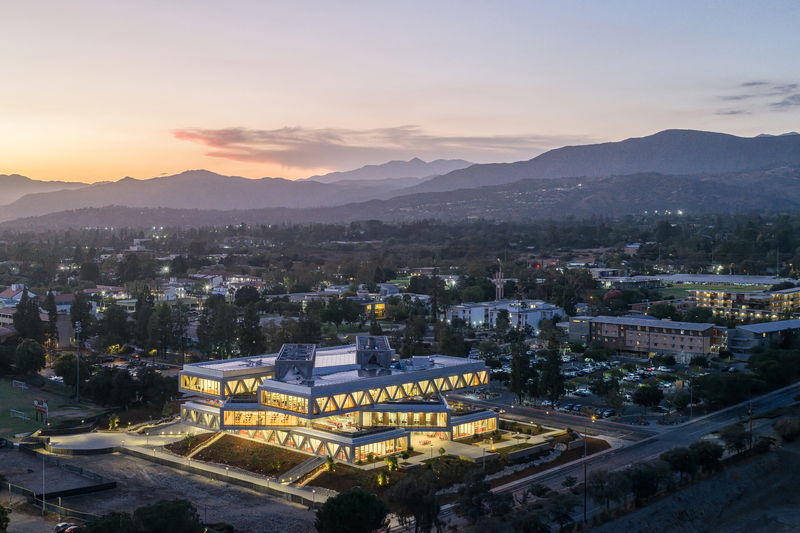
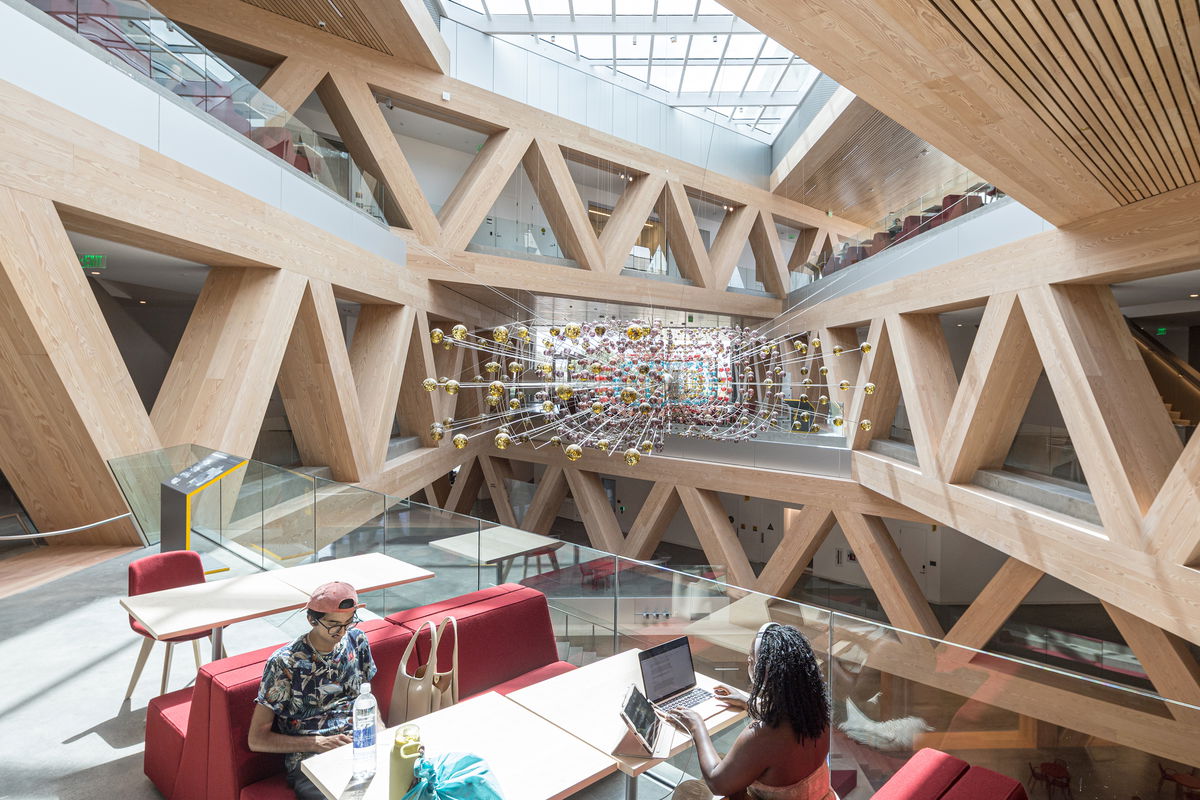
“This gorgeous architecture amplifies and elevates a revolutionary vision for higher learning at a critical moment in the well-being of our species, our brains, our planet. We can no longer rely on siloed disciplines within the sciences or between the sciences, social sciences, and the humanities to meet the challenges and opportunities of our time. The Robert Day Sciences Center and Kravis Department of Integrated Sciences fuse facility and program, with multi-disciplinary expertise, problem-based learning, applied ethics, and higher human intelligence in an era of AI. Bjarke’s rotating stacks create opportunities to learn at the intersections. The wood fuels our social warmth. The glass cuts through the barriers. The beautiful finishes and spectacular public art inspire our humanism. This is a carved jewel for Claremont McKenna College. A gem for the ages.”Hiram E. Chodosh - President, Claremont McKenna College
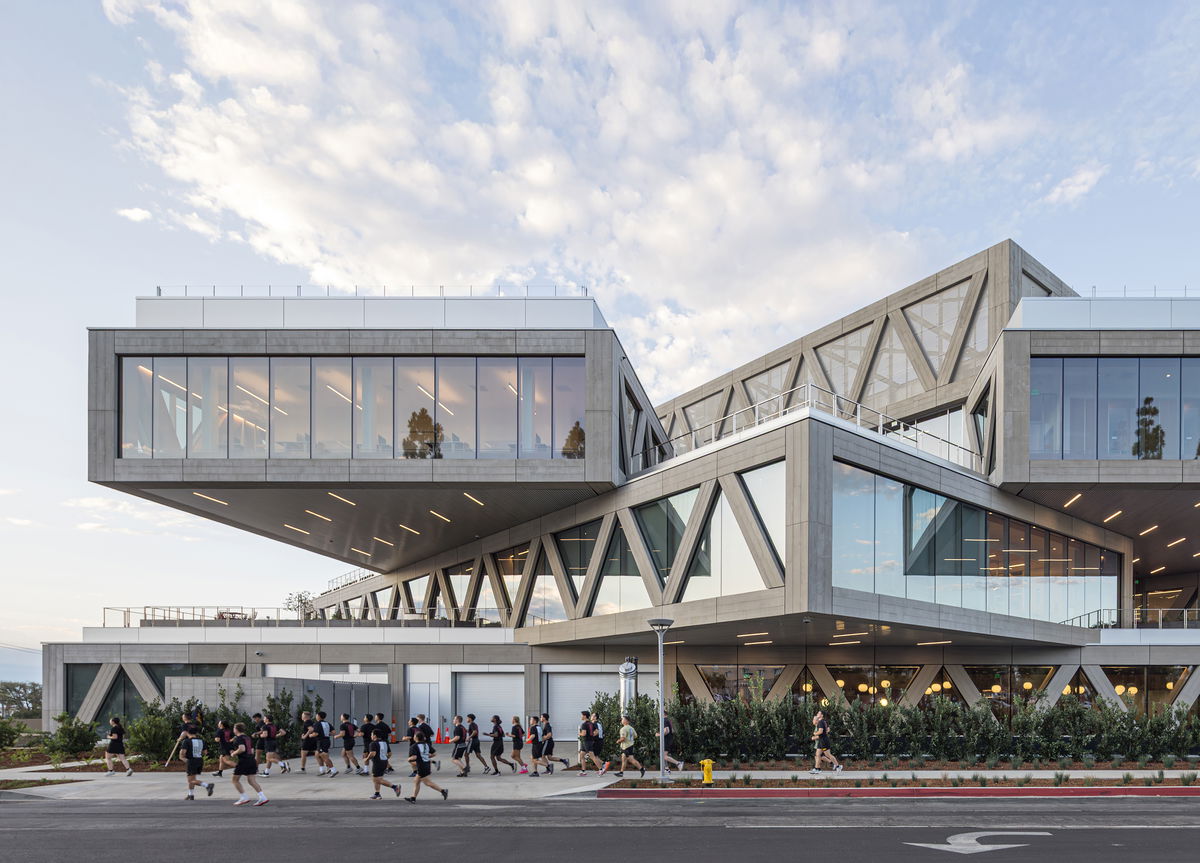
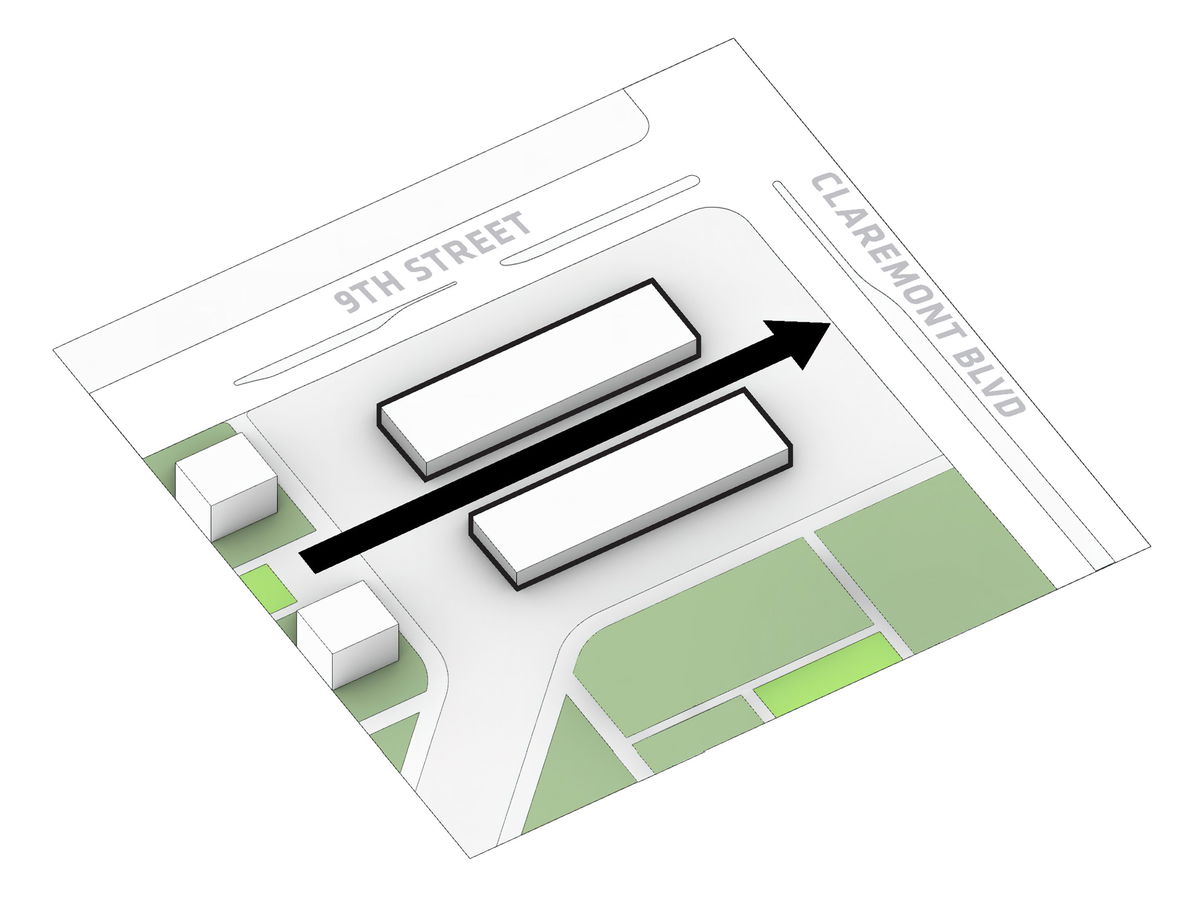
Extending the Mall — The ground floor consists of two volumes aligned with the central mall to extend the mall into the building.
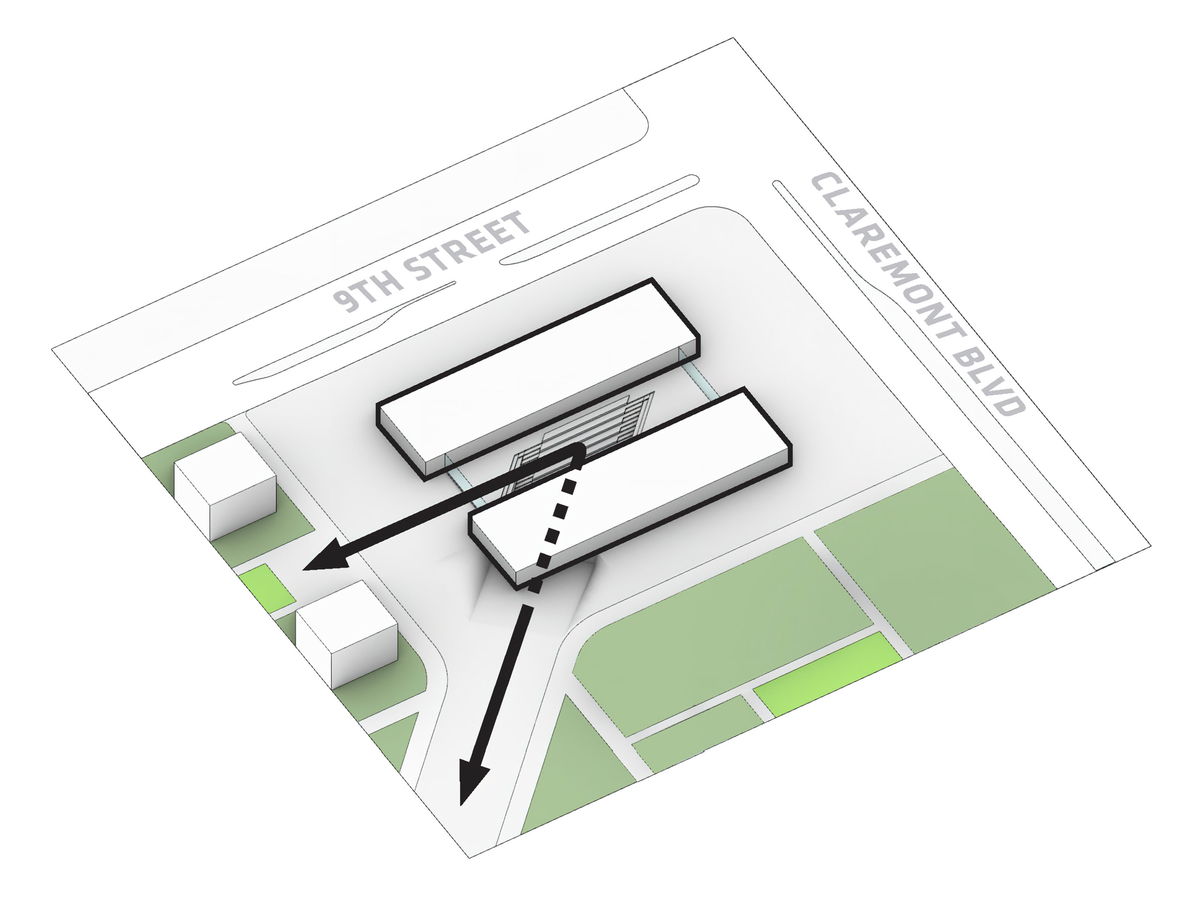
Connected Entrances — A giant staircase for informal seating dips down at the heart of the building to create a connection to the promenade entrance.
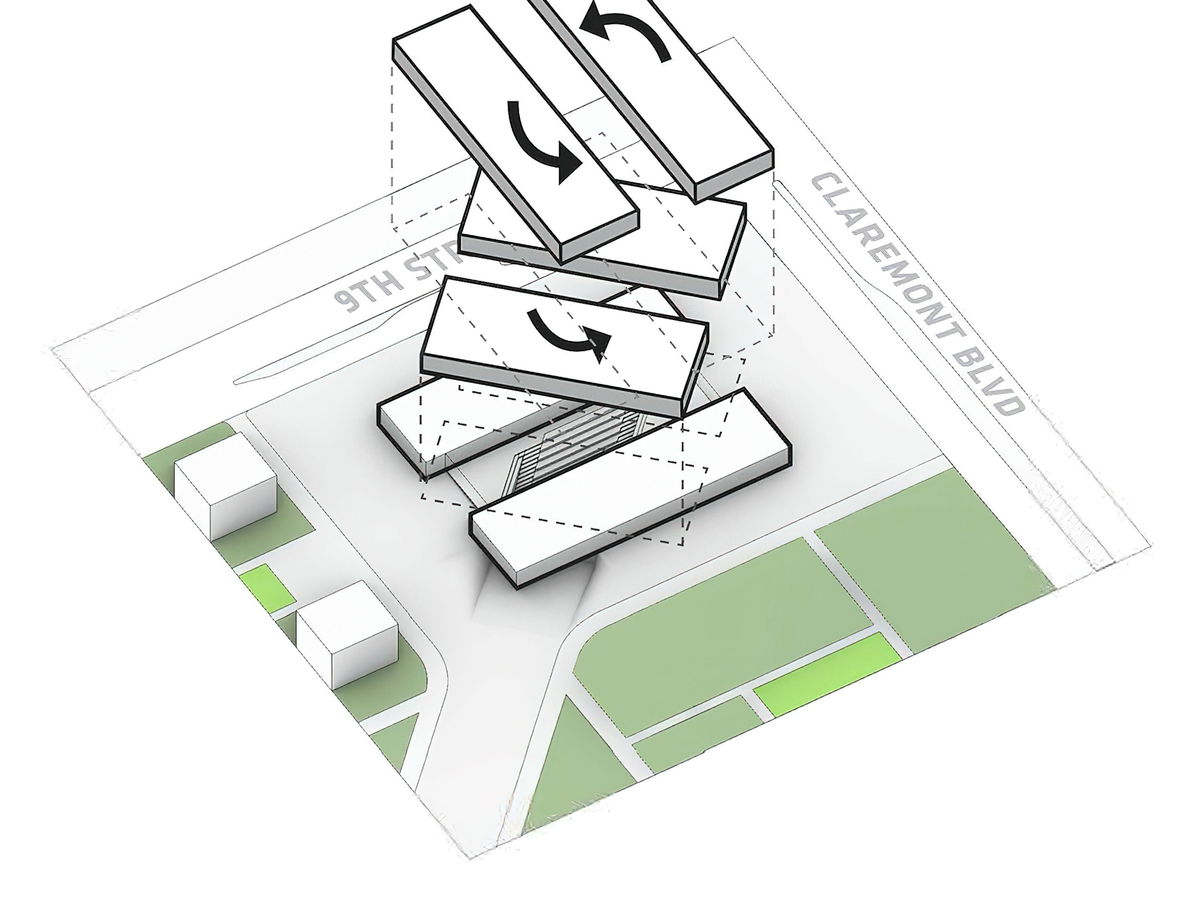
Stacked Disciplines — Each floor is rotated 45 degrees from the one below to create a stack of diverse programming, ranging from classrooms to laboratories.
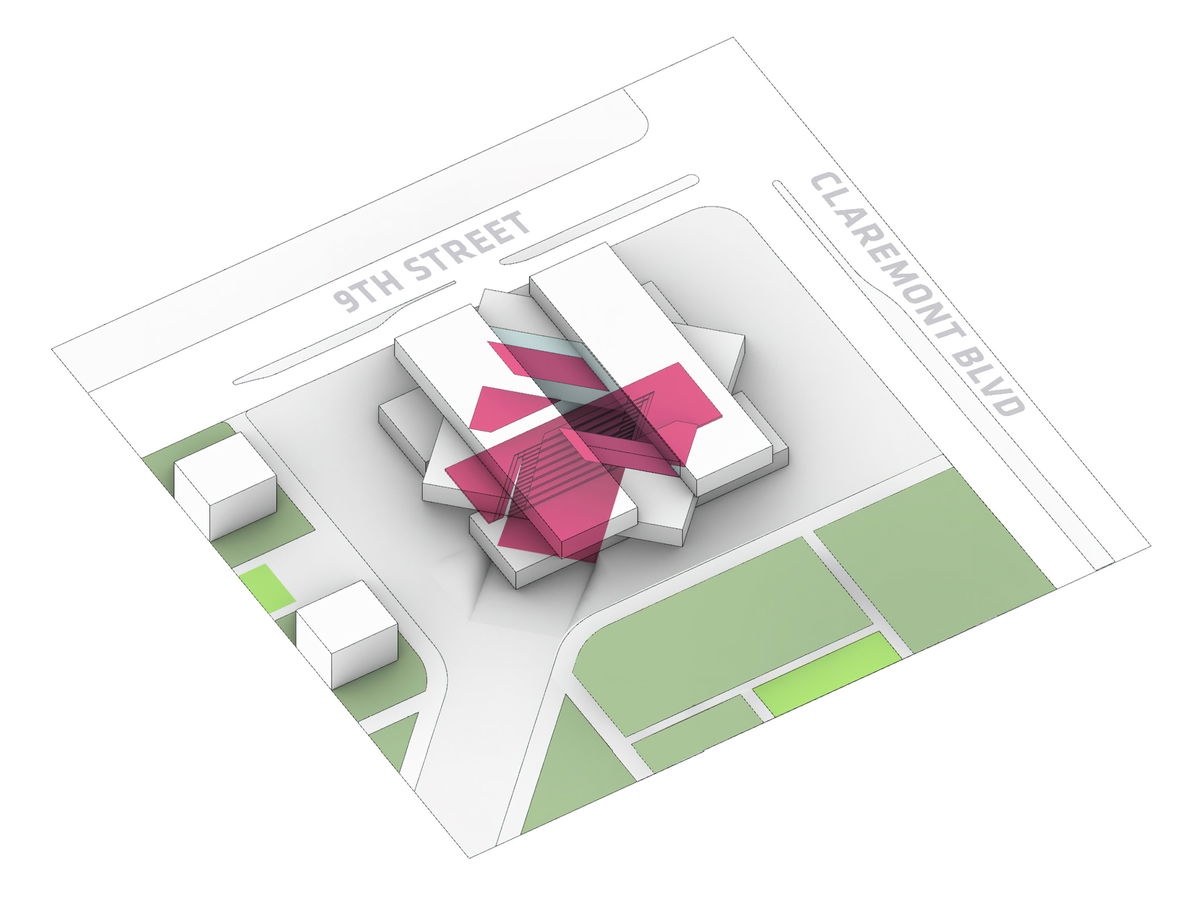
Atrium — The full-height atrium functions as a gathering space for students and faculty.
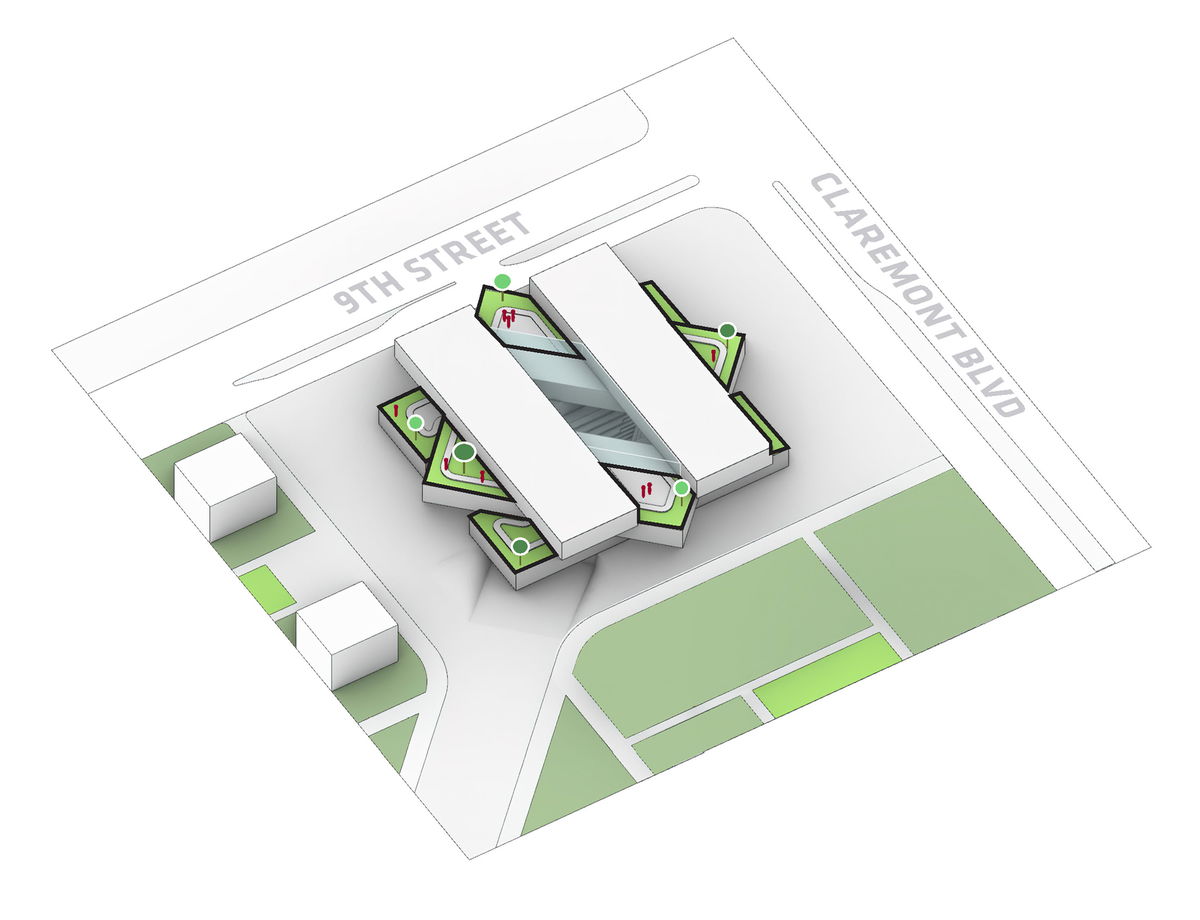
Terraces — The building features eight outdoor terraces, with four directly adjacent to the atrium, functioning as social outdoor spaces.
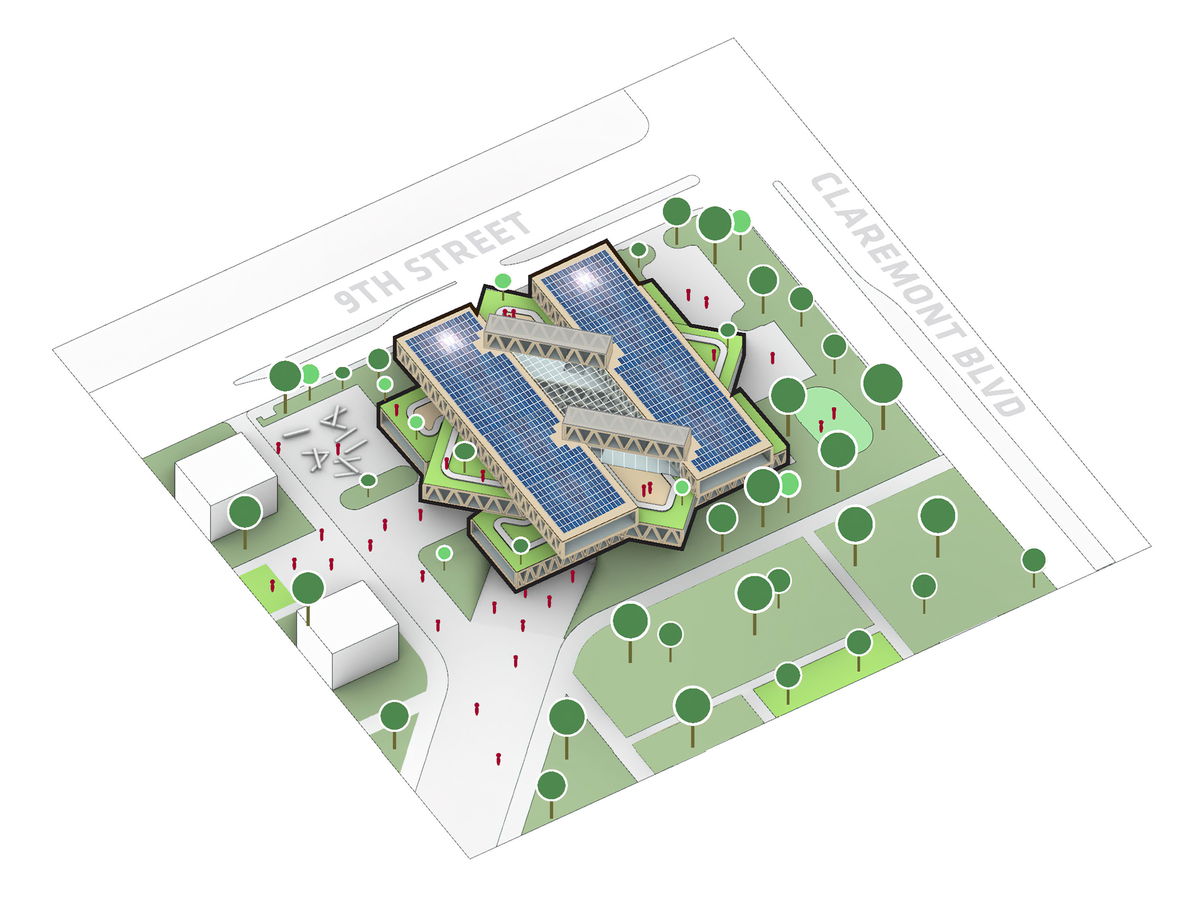
Integrated Science — The building offers views in, out, and in between classroom and lab spaces to inspire future scientists at CMC.
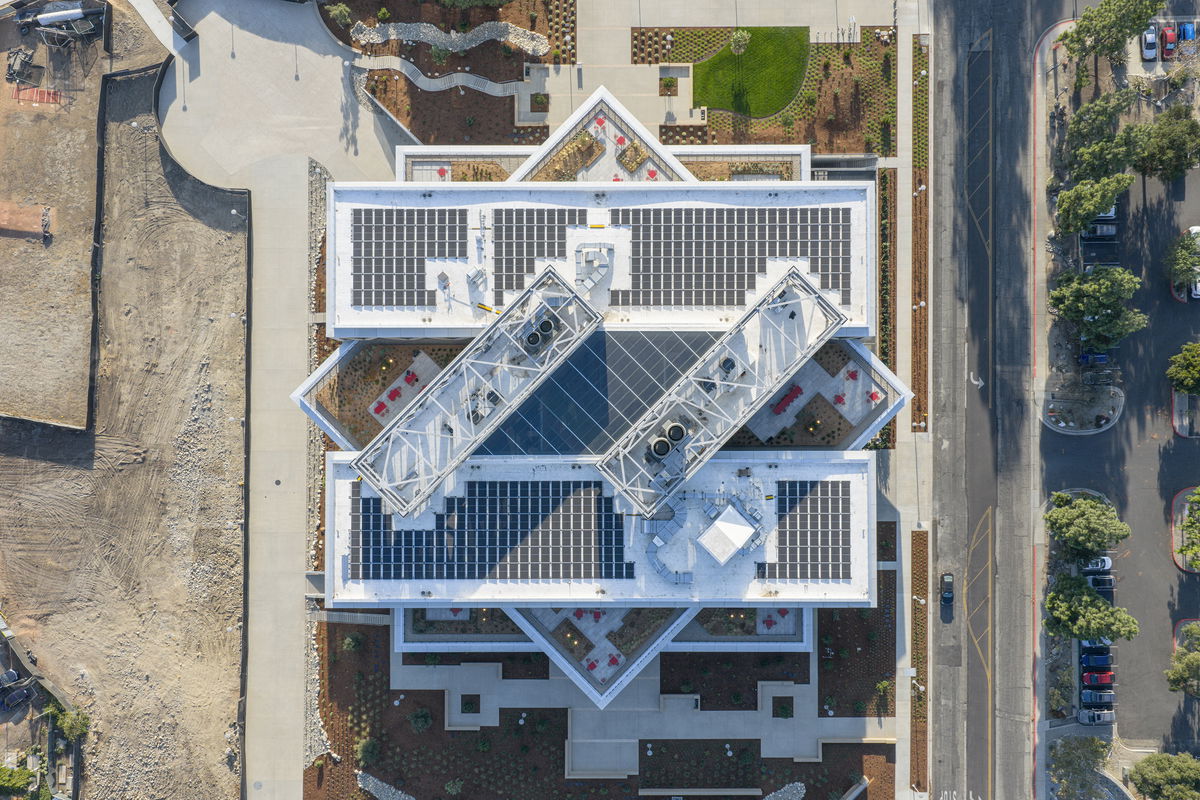
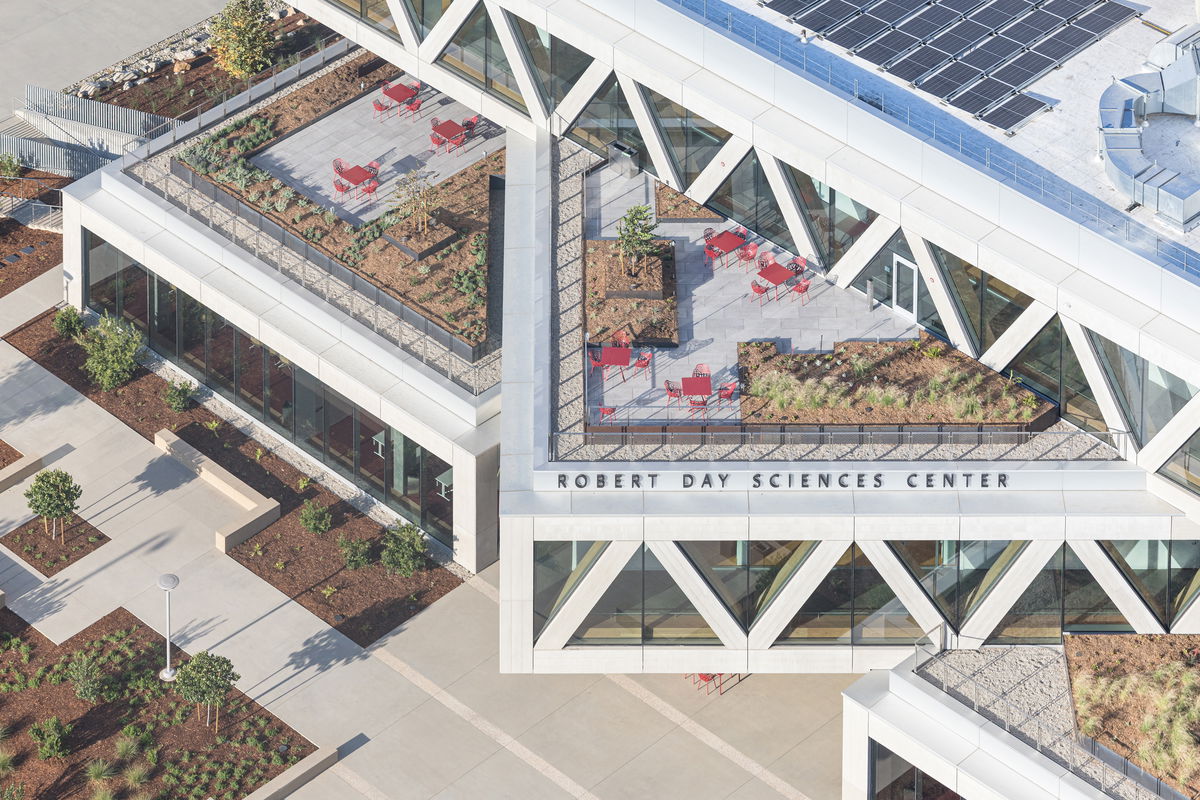
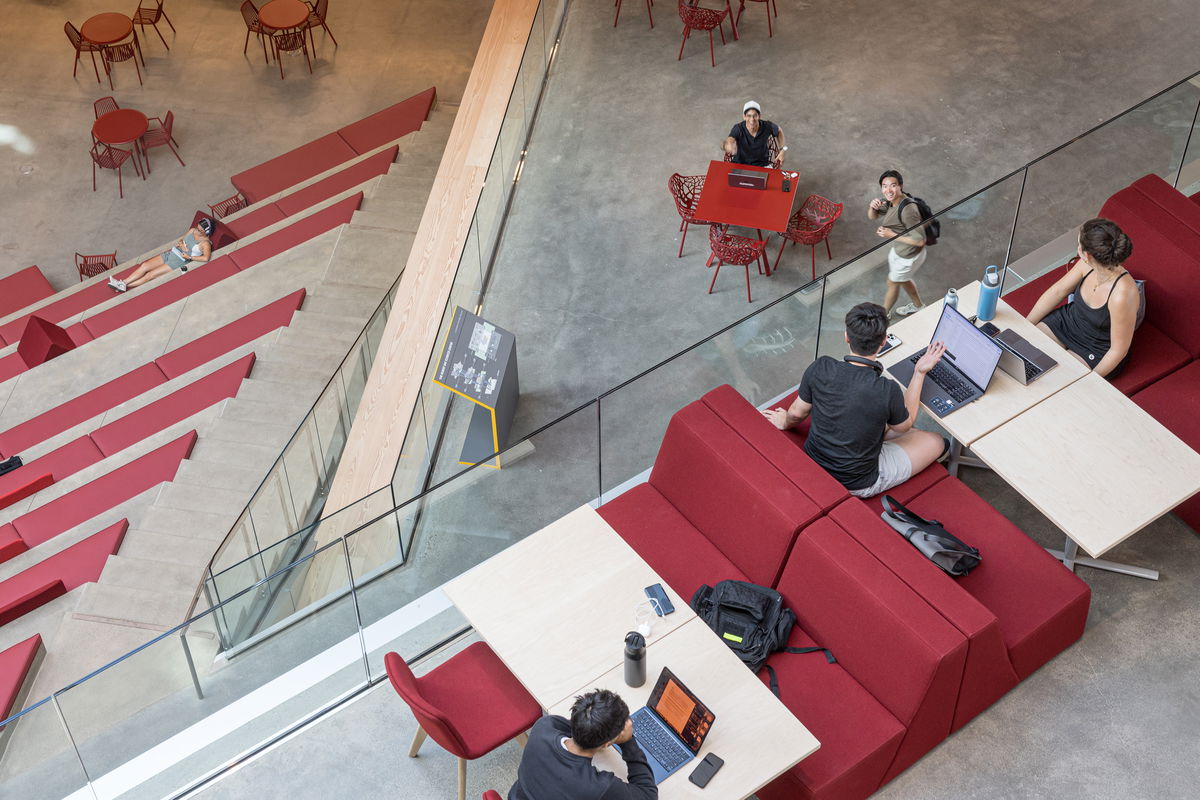
"The Robert Day Sciences Center brings together computer science, data science, and life sciences in one integrated environment. As the first completed building of our master plan for Claremont McKenna, it extends the north mall into a zigzag of malls, becoming a distributor of flows for the entire campus. We imagined the Sciences Center as a series of parallel building volumes side by side - with a public space in between - that are rotated in all the same directions as the mall. Even though each of the individual building volumes are rational, flexible, and capable of being computer labs or wet labs, the open atrium in between becomes a Piranesian social space where you can see fellow students, faculty, colleagues, and professors from every level. So even if you spend most of your time in a wet lab, computer lab, or classroom, there will still be many opportunities for sparks to fly between you and your fellow students, stimulating the exchange of ideas across the traditional silos of knowledge. In that sense, the Robert Day Sciences Center becomes a crucible where all of the different kinds of knowledge and all of the different kinds of students and teachers come together in one complex, three-dimensional learning environment."Bjarke Ingels - Founder & Creative Director, BIG
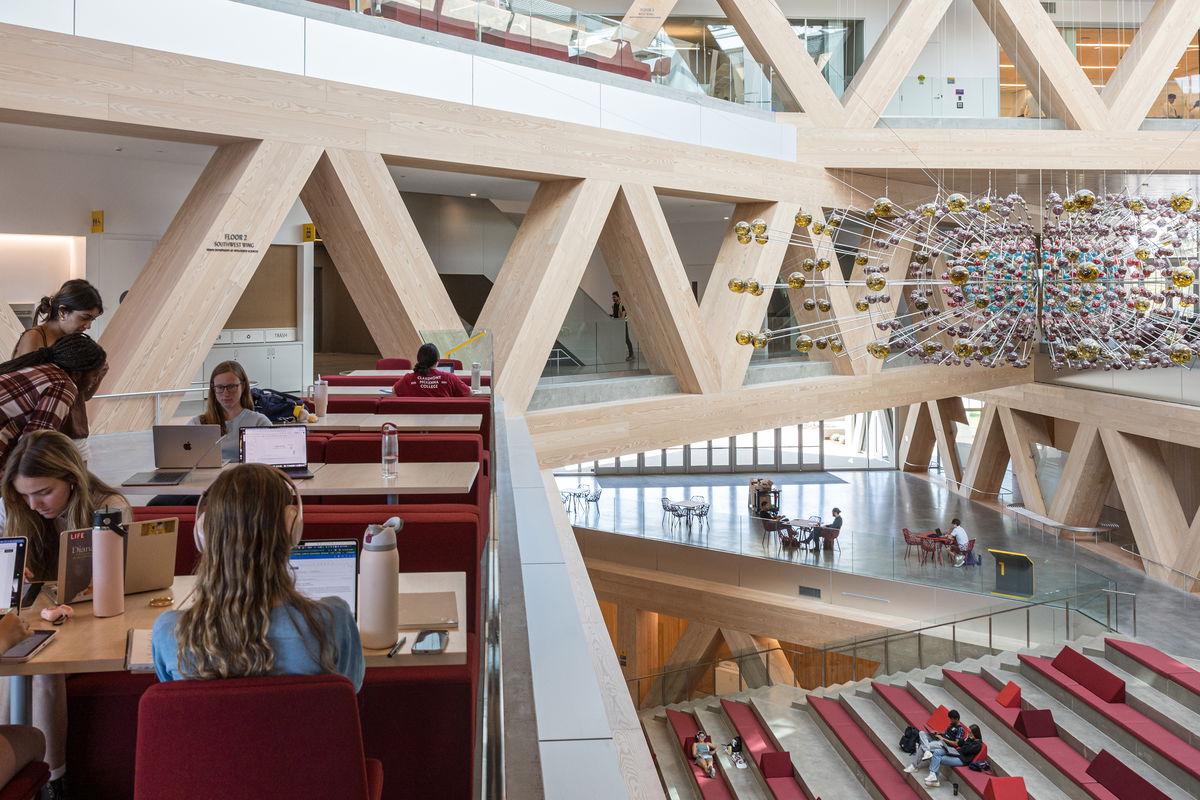
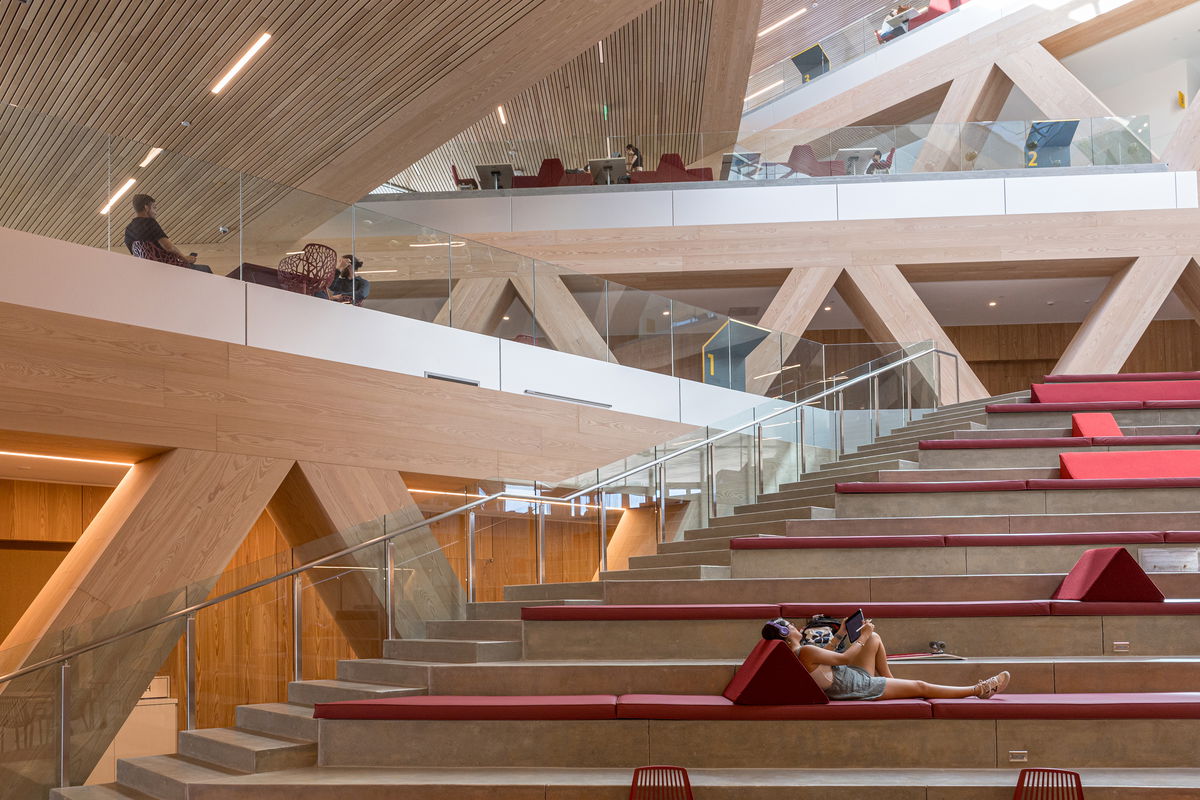
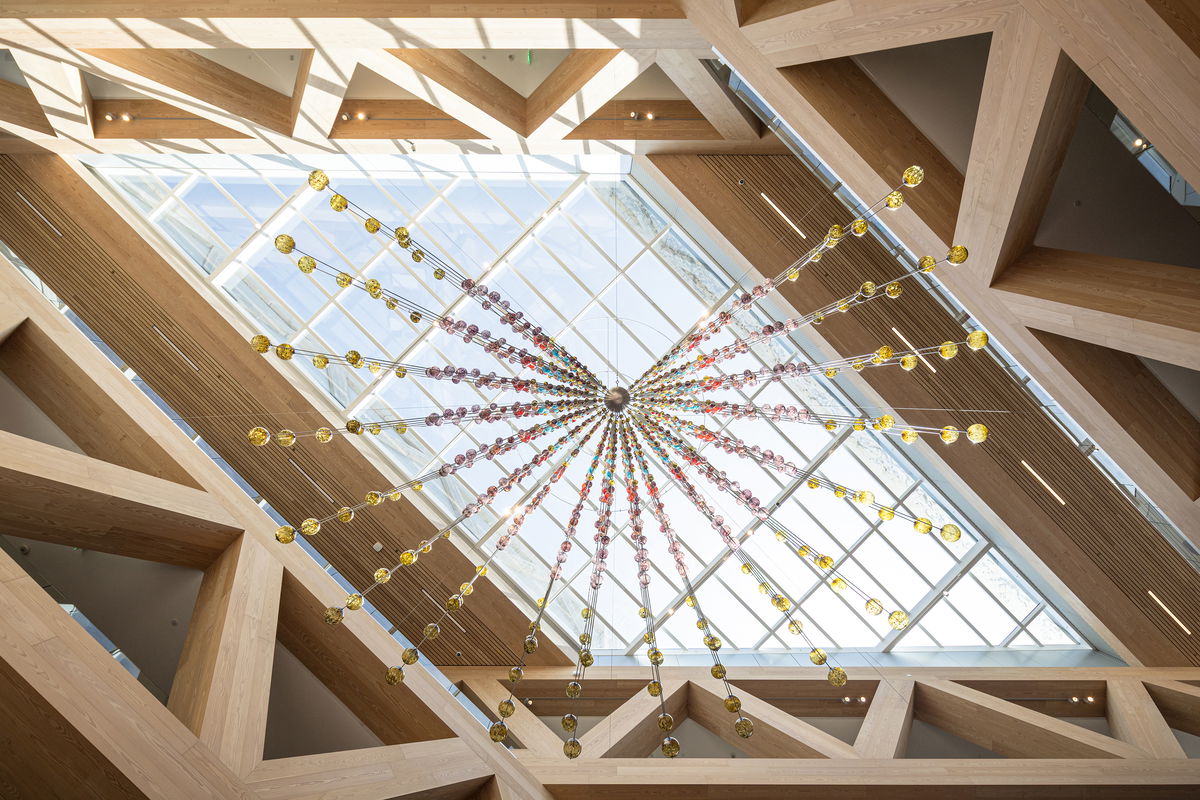
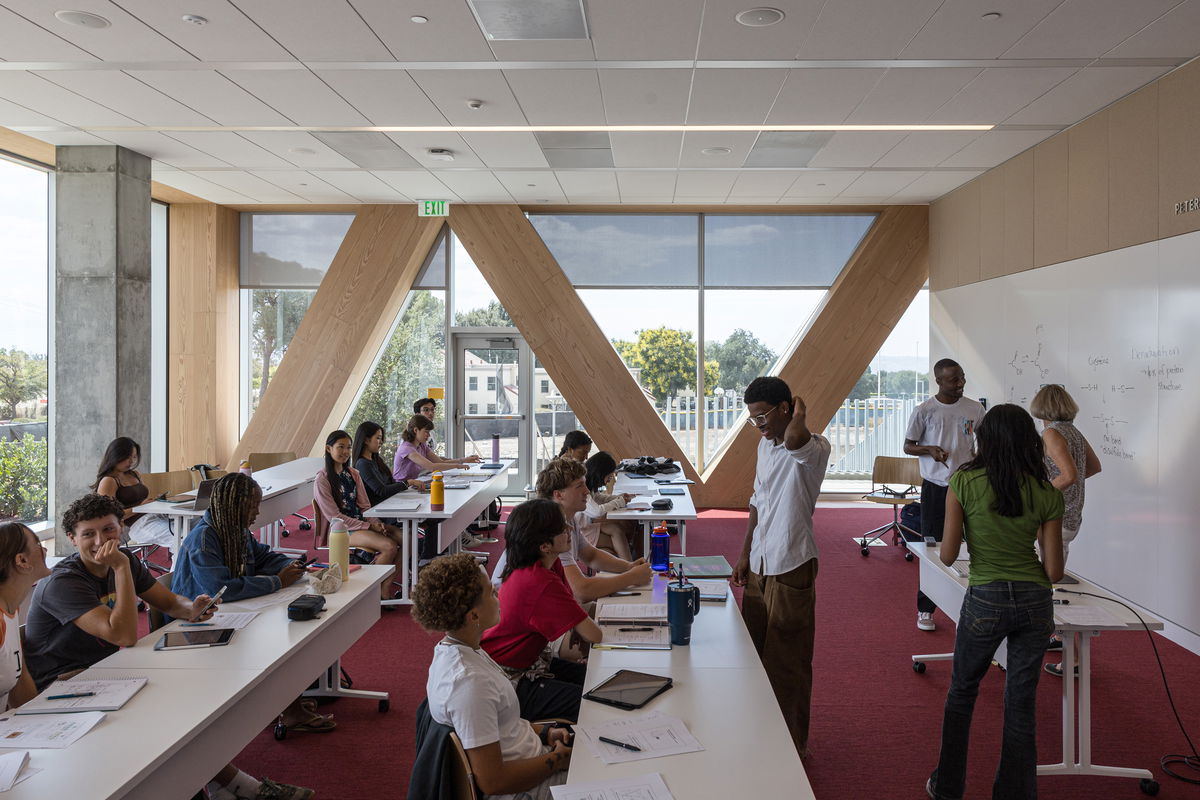
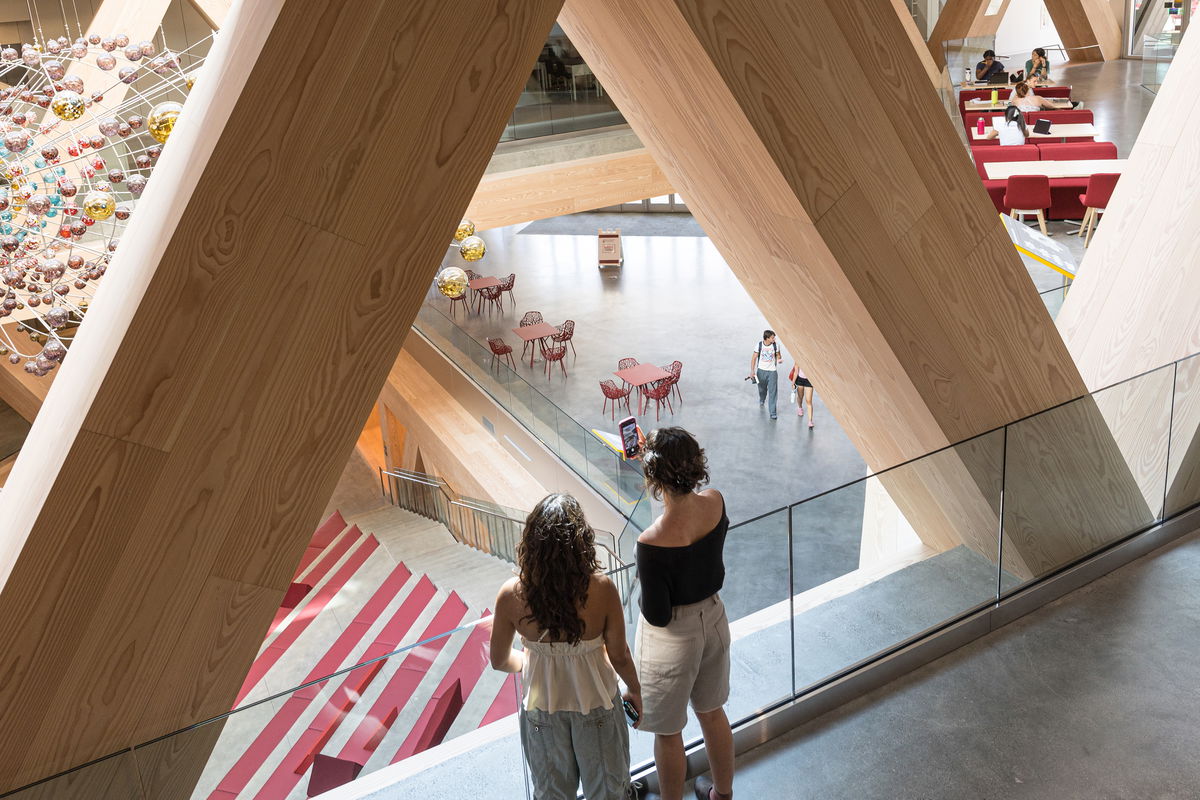
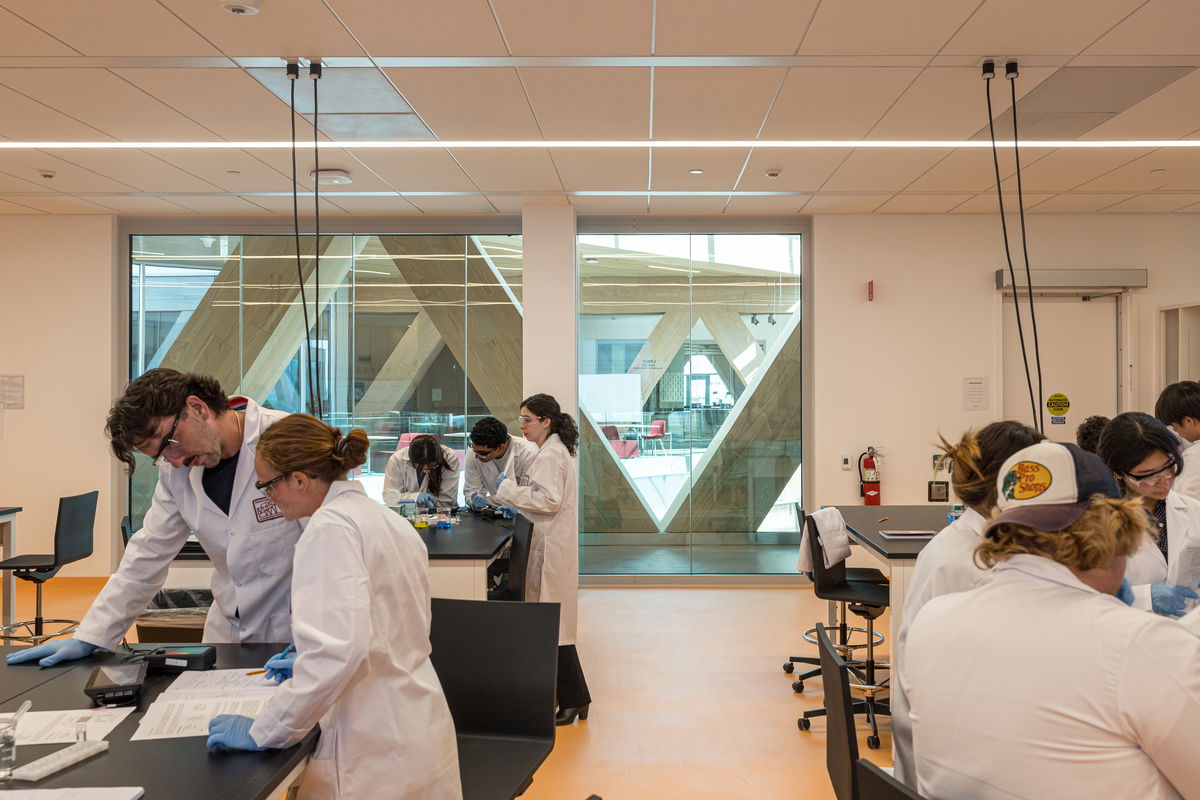
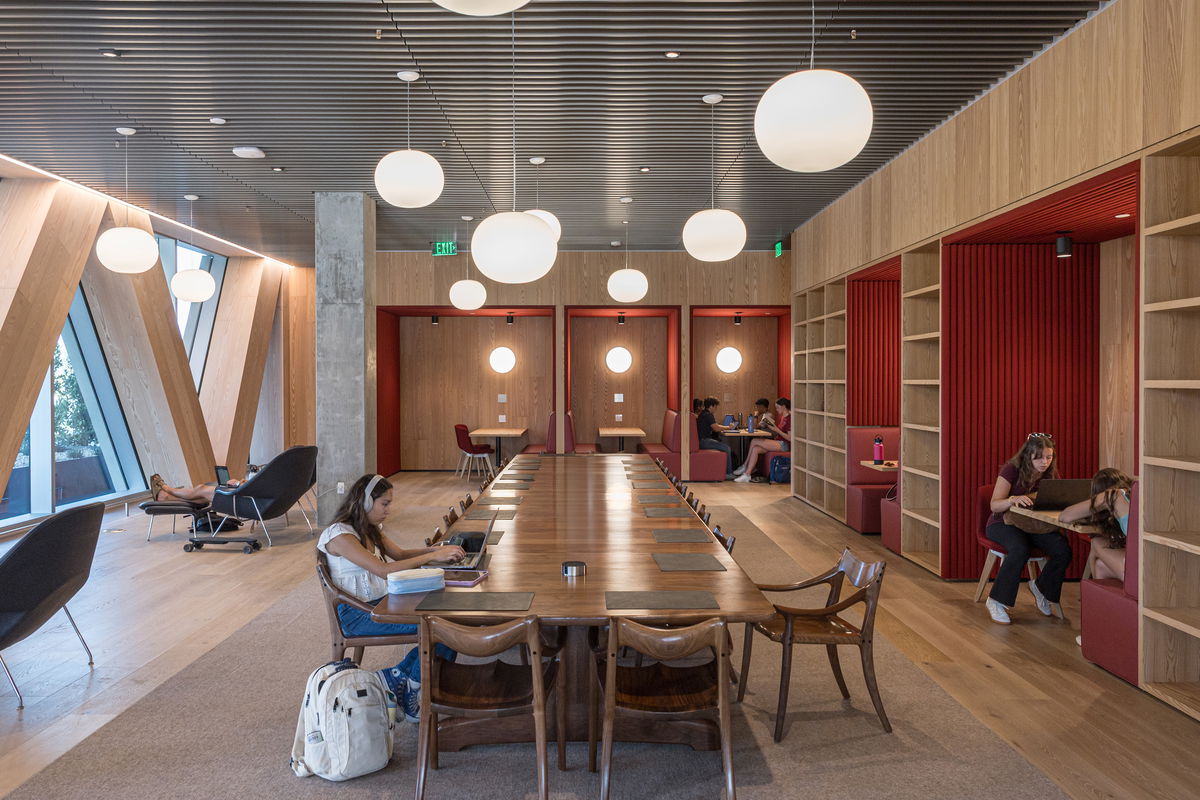
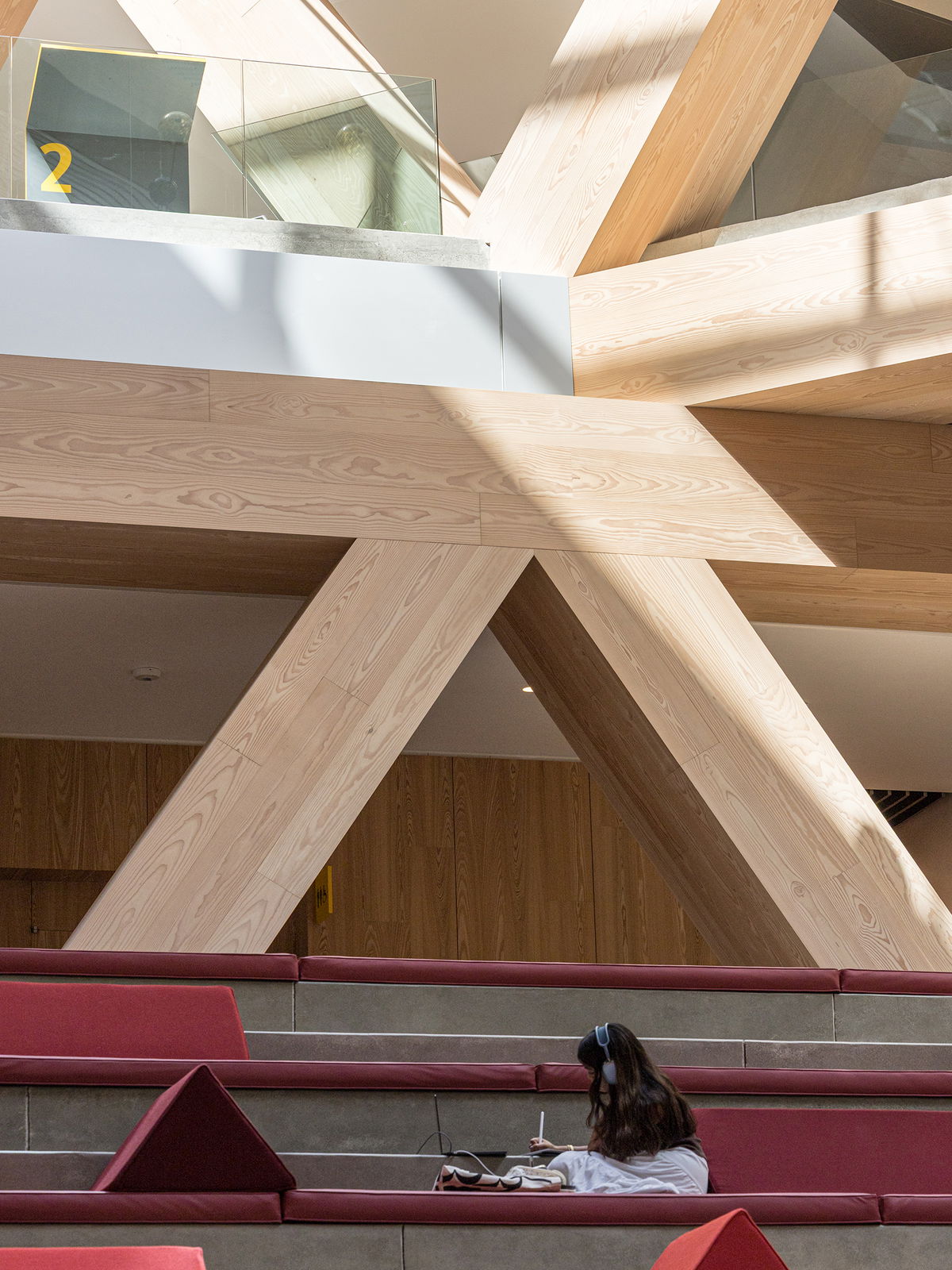
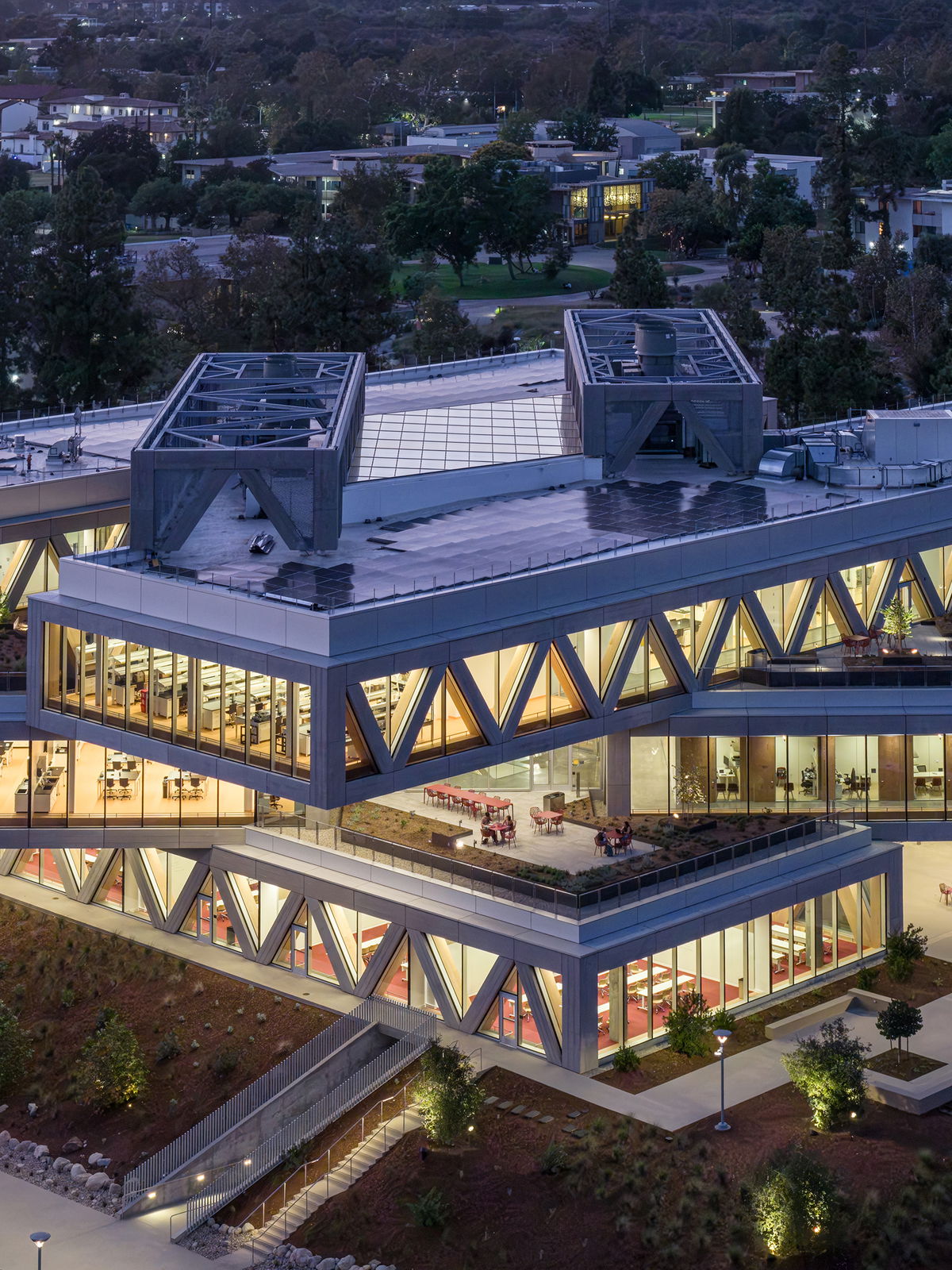
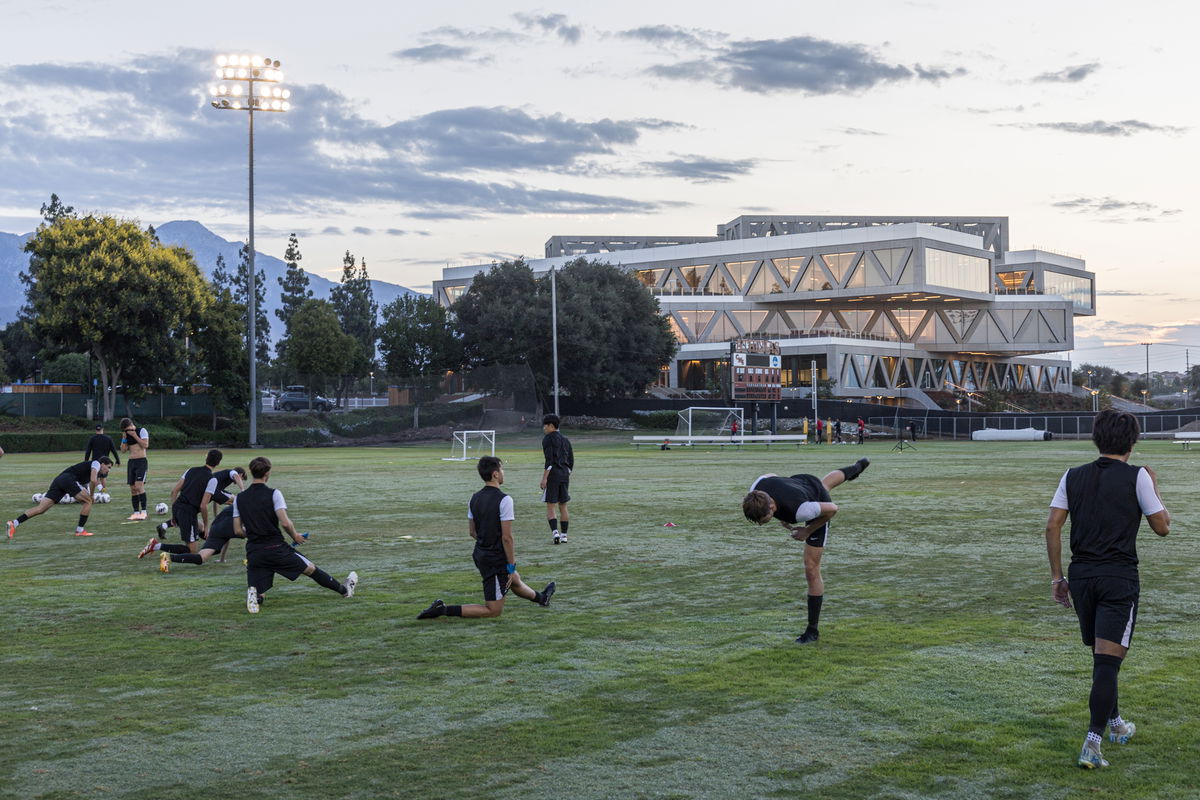
“Like a well-placed queen on the chessboard, the Robert Day Sciences Building unlocks new moves for the campus - extending the north mall, initiating a diagonal mall, and opening access to the east sports campus. Growing in parallel with our Los Angeles office, it has become a shared milestone - an architectural cornerstone for the campus and a testament to our team’s evolution as California architects.”Leon Rost - Partner, BIG
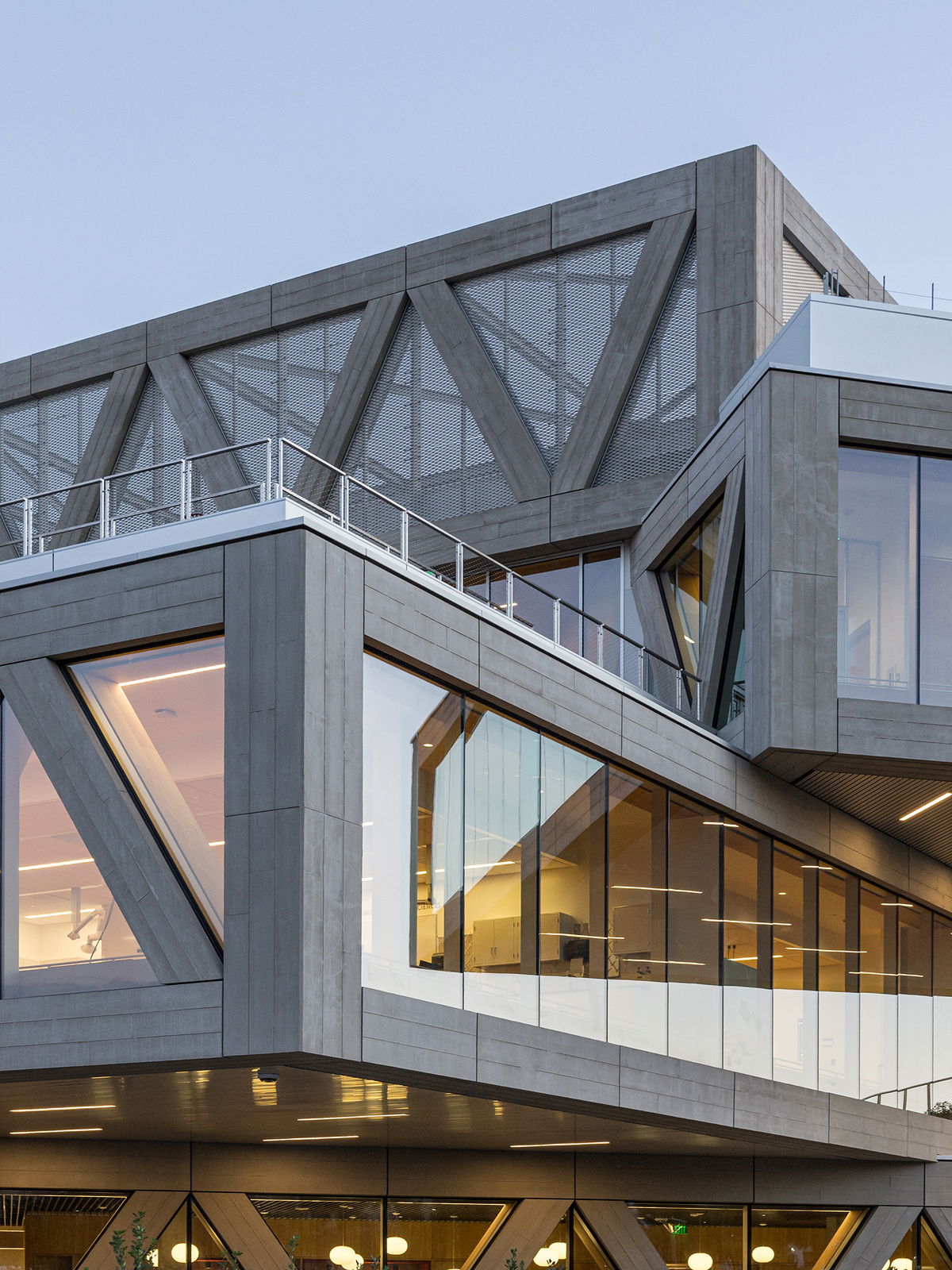
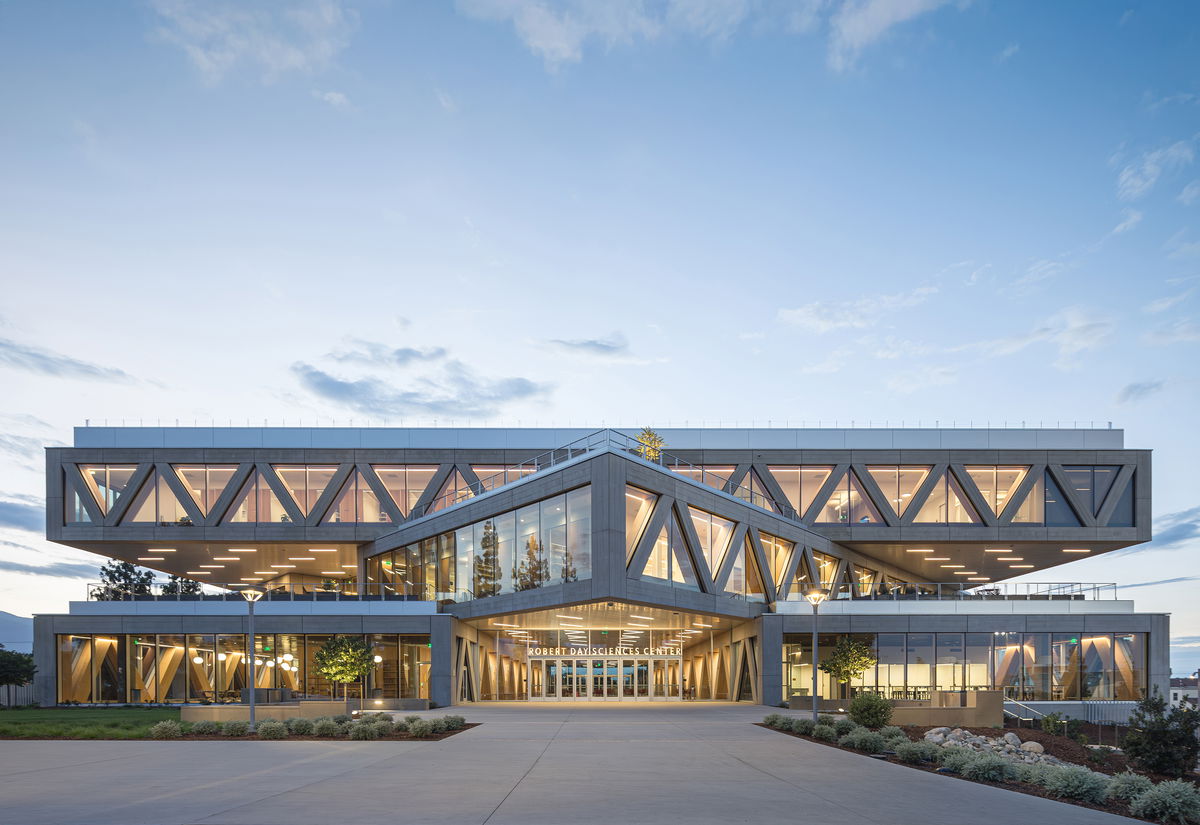
Creative Director
Bjarke Ingels
Partner in Charge
Leon Rost
Project Manager
Aran Coakley
Technical Lead
Amir Mikhaeil
Project Leader
Lorenz Krisai
Project Team
Sue Biolsi
Emily Chen
Seung Ho Shin
Tracy Sodder
Bernardo Schuhmacher
Terrence Chew
Ana Luisa Pedreira
Neha Sadruddin
Gus Steyer
Bianca Blanari
Alex Wu
Ahmad Tabbakh
Beat Schenk
Casey Tucker
David Holbrook
David Iseri
Dylan Hames
Jan Leenknegt
Kam Chi Cheng
Minjung Ku
Ryan Duval
Thomas McMurtrie
Won Ryu
Bella Yanan Ding
Yasamin Mayyas
Janie Green
Pooya Aledavood
Alan Maedo
Joseph Veliz
Thomas Guerra
Abigail Meyer
Hector Romero
Richard Cagasca
Vi Madrazo
Sofia Ospina
Changbin Kim
Awards
Archello University Building of the Year, 2025
Collaborators
Saiful Bouquet
Acco Engineered Systems
Atlas Civil Design
MRY
Rosendin Electric
WSP USA
Jacobs
ARUP
KGM Architectural Lighting
Heintges
KOA
EWCG
KPRS
Herrick
Hortus Environmental Design
IDS Real Estate Group
Kleinfelder
Salamander
Code Consultants Inc
